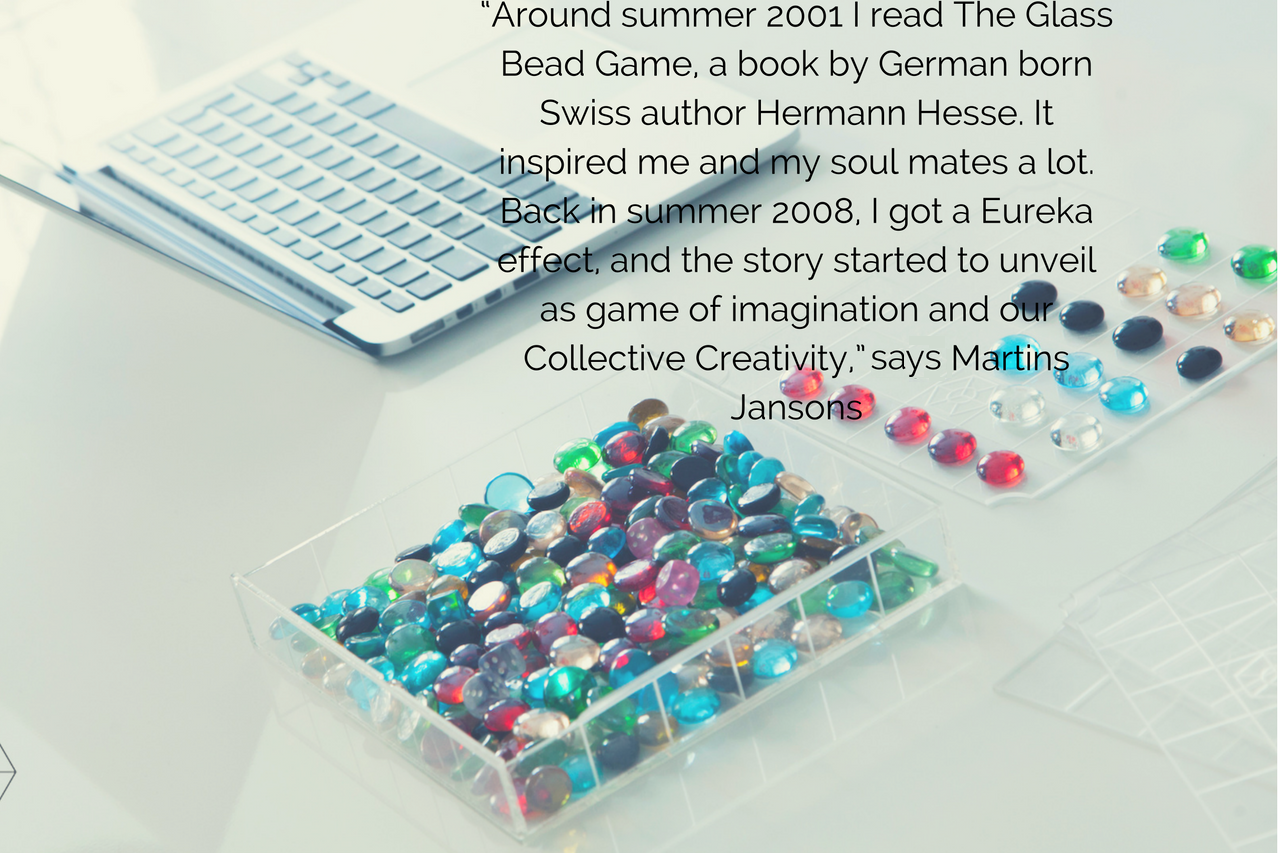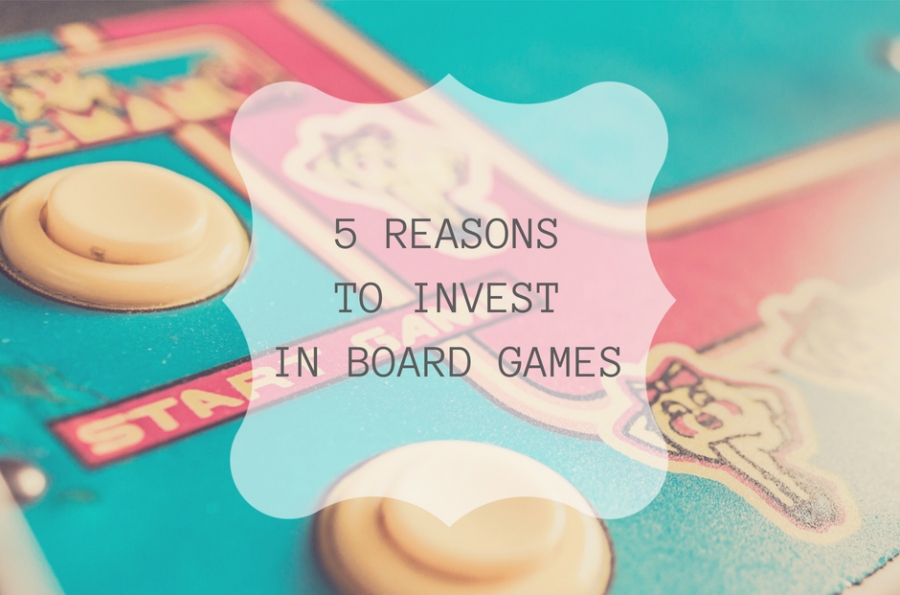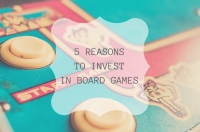
LITERATURE TURNS TO INNOVATION: HOW NOBEL PRIZE-WINNING AUTHOR INSPIRED THE BEAD GAME!
It's usually technology that becomes a part of the literature environment, since it has a strong connection to innovation. Through the last decades, to survive literature adopted new technological changes and implemented modernity for “literal consciousness”. Writers depicted technology as their subject-matter and learned to express it as object of humanity transformation.
However, technology’s impact to literature is not the only possible collaboration of these two fields. Literature can be just as influential and relevant to technology. As the matter of fact, it can inspire great minds and transform itself from poetic words to visionary materialization.
In Walter Isaacson's biography of Steve Jobs, author listed books that influenced the co-founder of Apple. Among them significant pieces – William Shakespeare's King Lear, Paramahansa Yogananda's Autobiography of a Yogi, Herman Melville's Moby Dick and many others. Another innovator, Tesla Motors and SpaceX founder, Elon Musk once told NPR that he has read “thousands and thousands” of books. One of his all-time favorites is Douglas Adams' The Hitchhiker's Guide to the Galaxy. “When we ask questions they come along with our biases. You should really ask, “Is this the right question?' And that's hard to figure out,” said E. Musk.
Although some questions are hard, the creator of the Bead Game Box – innovator Martins Jansons had no problem figuring out what to take from the literature world and how to use it for a modern creation. Jansons found inspiration in the contemporary classic book, controversially described as utopian literature – The Glass Bead Game.
“Around summer 2001 I read The Glass Bead Game, a book by German born Swiss author Hermann Hesse. It inspired me and my soul mates a lot. Back in summer 2008, I got a Eureka effect, and the story started to unveil as game of imagination and our collective creativity,” says Martins Jansons. The publishing year of game born form literature also celebrates the great author on his 70th anniversary of receiving the Nobel Prize in Literature.

The novel that inspired modern game is final work by German author Hermann Hesse. Book was published in Switzerland in 1943 after being rejected for publication in Germany due to author's anti-Fascist views. In 1946 author won the Nobel Prize for Literature.
An obvious need for novelty and adventure makes this book special. Hermann Hesse in The Glass Bead Game writes:
What I am in search of is not so much the gratification of a curiosity or a passion for worldly life, but something far less conditional. I do not wish to go out into the world with an insurance policy in my pocket guaranteeing my return in the event of a disappointment, like some cautious traveler who would be content with a brief glimpse of the world. On the contrary, I desire that there should be hazards, difficulties and dangers to face; I am hungry for reality, for tasks and deeds, and also for privation and suffering.
The game in author’s eyes associated with something greater:
These rules, the sign language and grammar of the Game, constitute a kind of highly developed secret language drawing upon several sciences and arts, but especially mathematics and music (and/or musicology), and capable of expressing and establishing interrelationships between the content and conclusions of nearly all scholarly disciplines. The Glass Bead Game is thus a mode of playing with the total contents and values of our culture; it plays with them as, say, in the great age of the arts a painter might have played with the colors on his palette. All the insights, noble thoughts, and works of art that the human race has produced in its creative eras, all that subsequent periods of scholarly study have reduced to concepts and converted into intellectual values the Glass Bead Game player plays like the organist on an organ. And this organ has attained an almost unimaginable perfection; its manuals and pedals range over the entire intellectual cosmos; its stops are almost beyond number. Theoretically this instrument is capable of reproducing in the Game the entire intellectual content of the universe.
Author Ralph Freedman, in Hermann Hesse. Pilgrim of Crisis (1979), opined, in The Glass Bead Game, “contemplation, the secrets of the Chinese I Ching and Western mathematics and music fashioned the perennial conflicts of his life into a unifying design.” And the quality of unifying design resurrected itself in innovative creation – the Bead Game Box.
Challenging and stylish collective creativity based game connects social players with an innovative app. Contemplation of music, mathematics and literature are esthetic composition that broadens imagination. It’s “a tool it can be used for psychological cognition and enterprise gamification,” says creator, “intellectual play that broadens imagination limits and inspires astonishing ideas.”
No limits? Indeed, everything is possible. Nobel Prize-winning author inspired a game. Finally, it’s literature that influenced technology, and just as the book, the game is foresees its age.





 ADEPTS CREATIVE INDUSTRIES
ADEPTS CREATIVE INDUSTRIES 



Post A Comment
Make sure you enter all the required information, indicated by an asterisk (*). HTML code is not allowed.